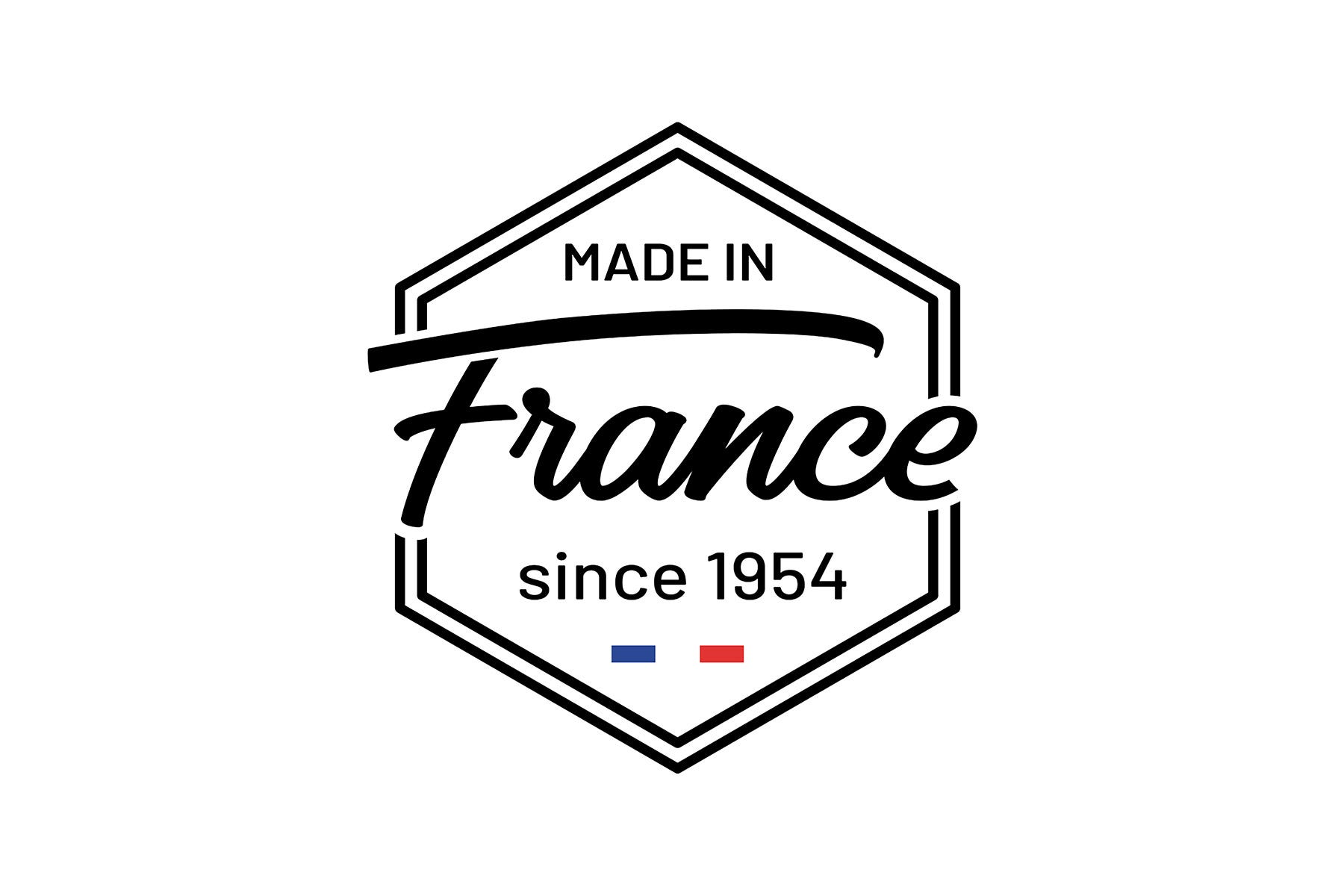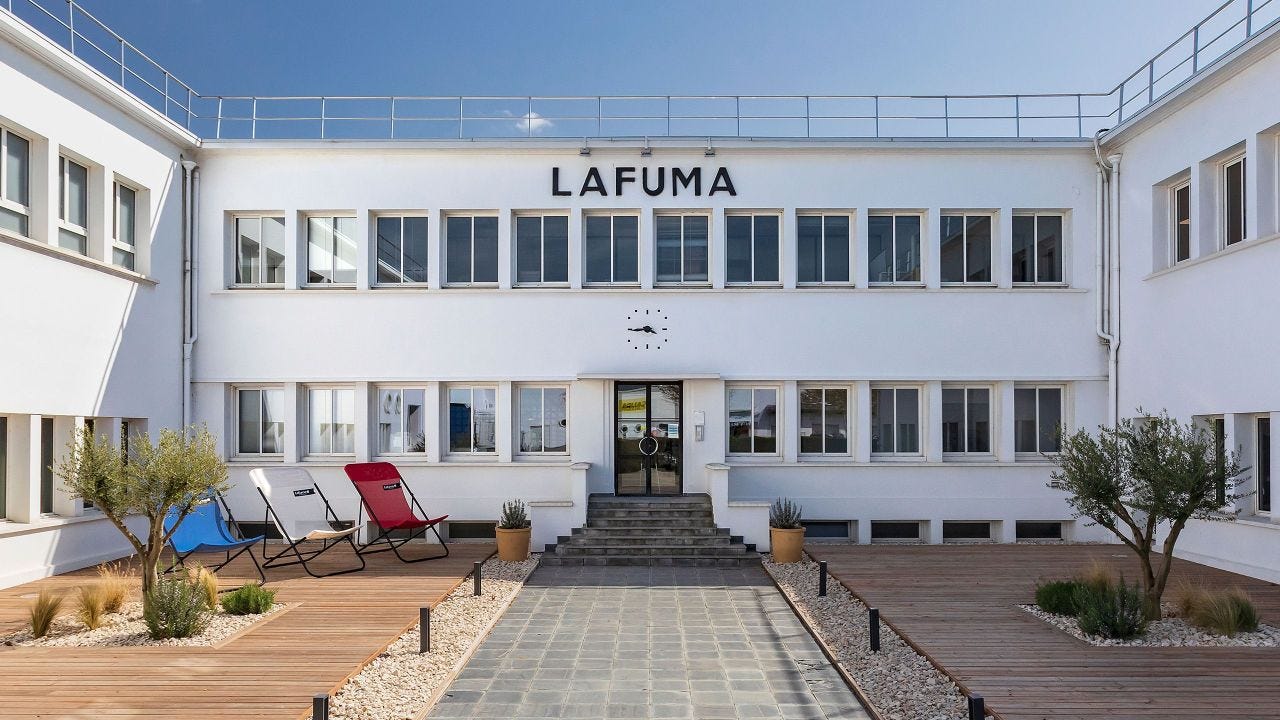🏡📦 Now shipping from our UK warehouse — Fast & Free delivery from £100 😉
Discover precisely what the “Made in France” label means and why it is important to choose products which are manufactured in France.
What is Made In France?
Customers are ever more demanding with regard to the provenance and quality of the goods they buy. According to figures from the Directorate General for Enterprise and Industry, three quarters of French people state that they are prepared to pay more for a product that is made in France. Guaranteeing local production and consumption has become a real goal. 95 % of the French population states that they want to support French industry by buying products that are “Made in France” under the spotlight at the “Mif expo”, the essential exhibition for French product manufacturing.
However, the label “Made in France” is quite vague. It is possible to get it if the rules of non-preferential origin applied to imports by the Directorate General of Customs and Indirect Taxes (DGDDI) are respected. This label does guarantee French manufacturing in any way. In order to give more visibility to the origin of products which are actually manufactured in France, they can carry labels such as "French Origin Guaranteed”. This label guarantees to consumers that the product is essentially produced in France and that between 50 and 100% of the product’s unit cost is acquired in France. There are also the certifications “France Terre Textile” (Textile from France) or “Entreprise patrimoine vivant” (Living Heritage Business) to maintain French artisan knowledge as well as an economy which promotes local distribution.
Why choose Made In France?
By building their products on French territory, the few manufacturers of designer furniture commit to preserving a unique savoir-faire for unmatched quality.
Producing top quality furniture in France is also a commitment to preserving employment in France. Furthermore, when local production allows a company to reduce middlemen as well as delivery times, it also contributes to protecting the environment and promotes traceability of raw materials. Imports of materials and air transit back and forth between different production sites are sources of air pollution. On the flip-side, bringing the production site nearer to the consumer considerably reduces the carbon footprint.

LAFUMA MOBILIER, French furniture manufacturer
A unique brand in the world of outdoor furniture, LAFUMA Mobilier has not stopped innovating in its 60 year history, while still remaining faithful to its core values, at the crossroads of design inspired by Bauhaus architecture and French Chic.
Since the first collections in 1954, numerous iconic products have been created, from the lounger to the reclining chair, including the designer chair and the sun lounger. Since 2006 with the POP UP chair, around 30 versions of Pop Up have been designed, following the current trends or in collaboration with partners who share the brand’s values. The latest is the Pop Up 26, the fruit of a collaboration with 1083, a manufacturer based in the Drôme region of jeans which are woven, dyed and stitched within France.
The brand was established in Anneyron, in the Drôme region. The 2 production sites, the historical base (Drôme) and subsidiary Lallemand (Ain) incorporate six workshops where tasks are combined: aluminium, steel, paint, plastics processes, sewing and assembly. It is here that all of the collections are imagined, designed and manufactured.
It controls the entire quality chain of its products, which are designed to last.
LAFUMA MOBILIER’s commitment to Made In France
Committed to economic development in its own region, LAFUMA Mobilier chooses to hire locally and has regional “sourcing” with a requirement for quality.
LAFUMA Mobilier is a company which manufactures “locally”, the majority of materials are sourced from within a radius of 150 km! Today 60% of purchases of raw materials are made within France and 98% come from Europe. This geographic proximity makes trade with suppliers easier and allows for rapid responsiveness.

